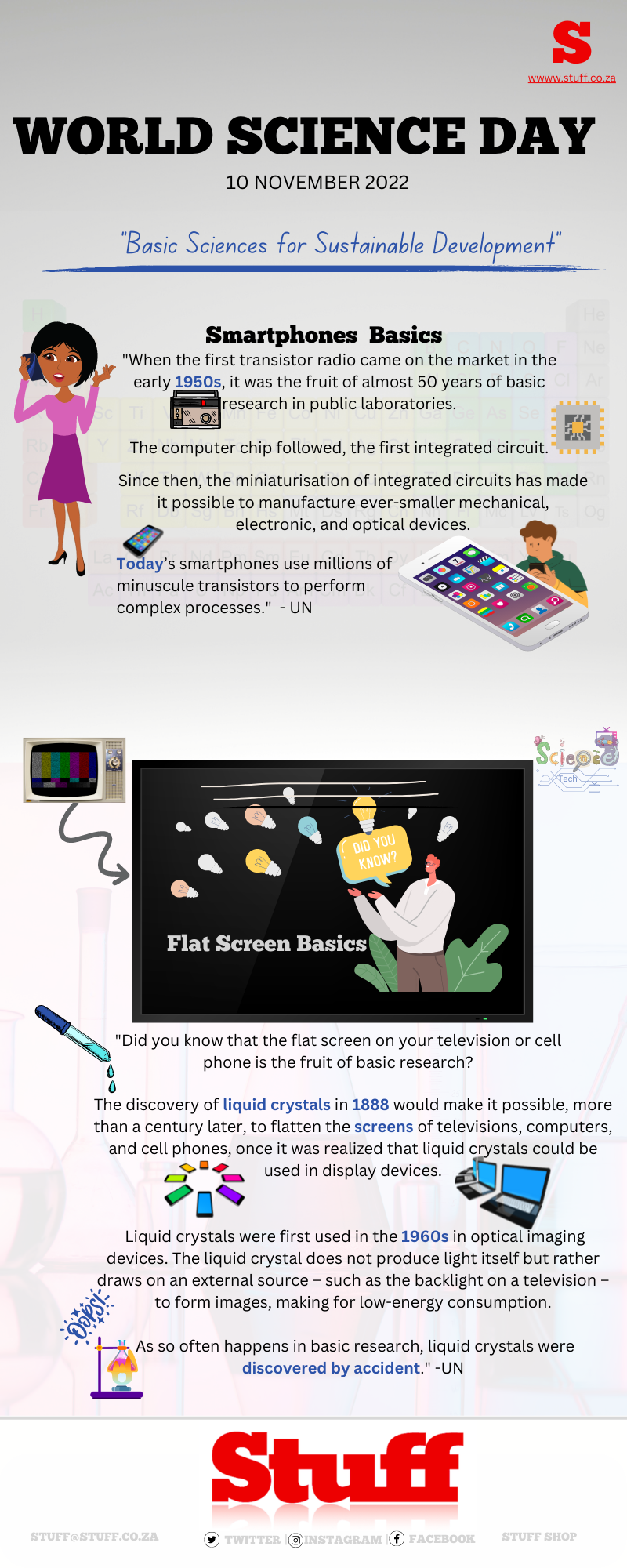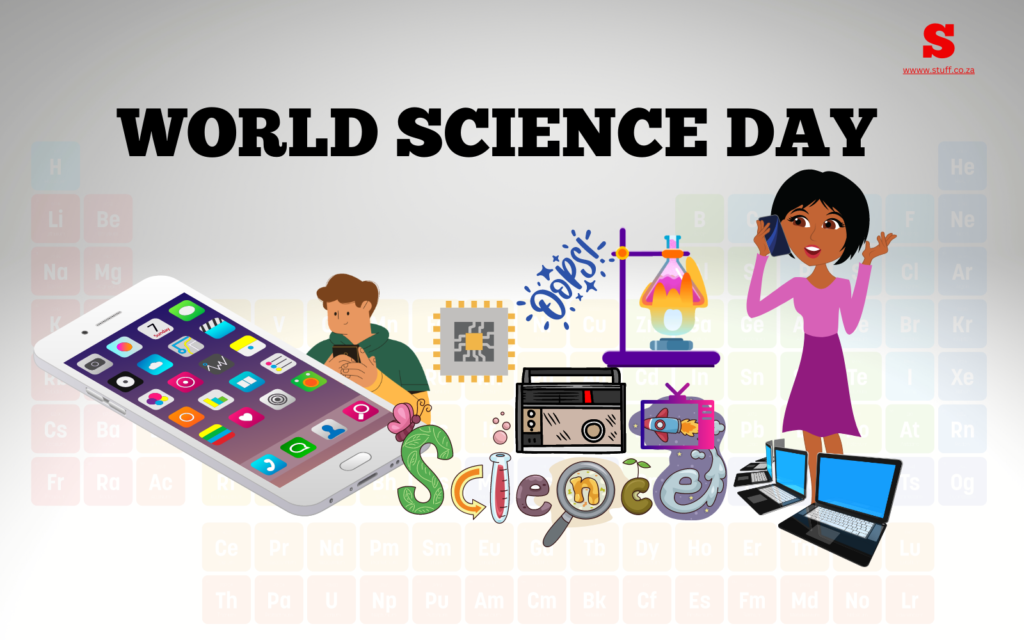The United Nations (UN) has gone back to basics in commemoration of World Science Day on 10 November 2022. This year’s theme, “Basic Sciences for Sustainable Development”, aims to remind you of how basic findings, made decades ago, eventually resulted in some of the science and technology we enjoy today.
The UN is hoping for more efforts, (and more money) to go into basic research so we can reap the benefits in the coming years.
“Also referred to as discovery research, or blue skies research, owing to its emphasis on the quest for knowledge as opposed to commercial applications, basic research has led to breakthroughs that have spawned not only new technologies but even entirely new fields of science,” notes the UN in a Concept note on why they choose to go back to basics this year.
The UN has given various examples of developments as a result of basic science.
INFOGRAPHIC: When science met tech and how far it’s come

Read More: Twitter’s in legal trouble, Artemis 1 is back, Sticks and Drones, plus a Commordordion
Research from UNESCO reveals the wide gap between countries on how much they spend on basic research.
“According to data from the UNESCO Science Report 2021 for 86 countries, some devote less than 10% of their research expenditure to basic sciences and others more than 30%,” notes the UN.
It seems more countries are more interested in spending their money on developing existing research. Perhaps to get further ahead than others? It’s possible.




